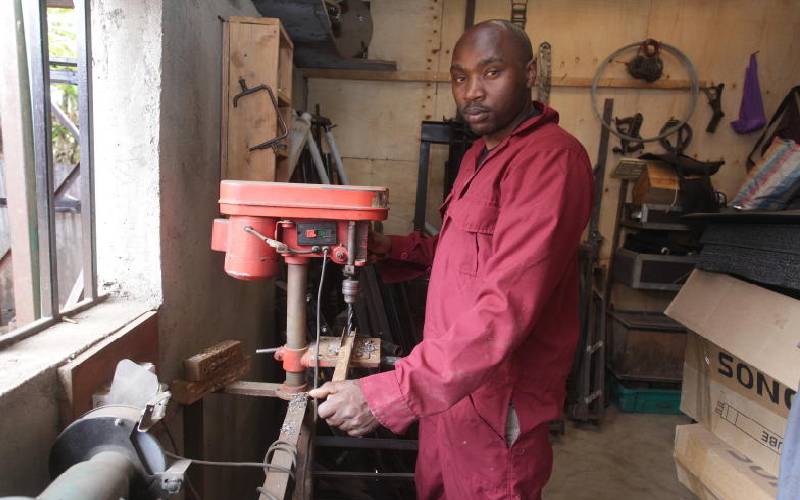×
The Standard e-Paper
Fearless, Trusted News

When Paul Kihuha, 34, set out to make camera support equipment to use while shooting his own music videos, he didn’t know it would lead him to Protisa Creations, a business he founded in 2013 after noticing a gap in the market for film equipment. Today, his clients include top film directors and musicians.
How did you know there was a market for film equipment?







